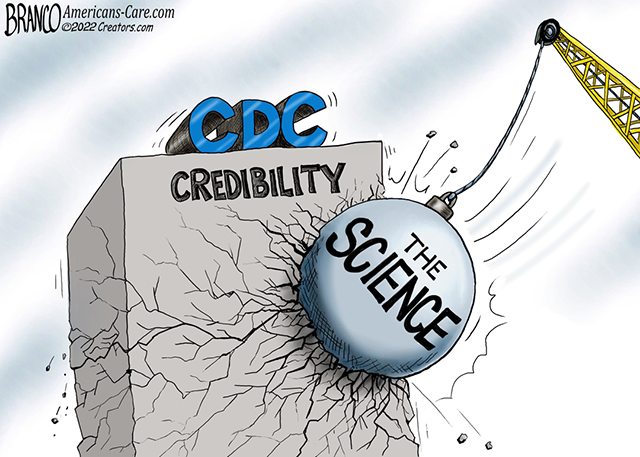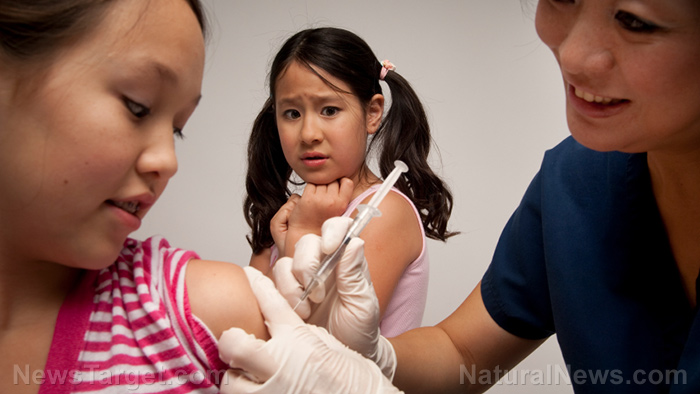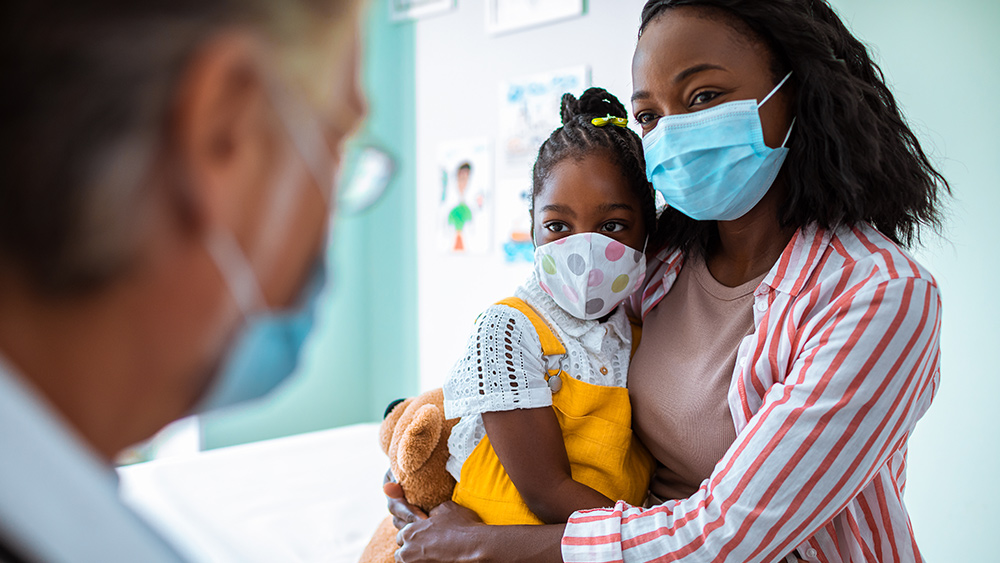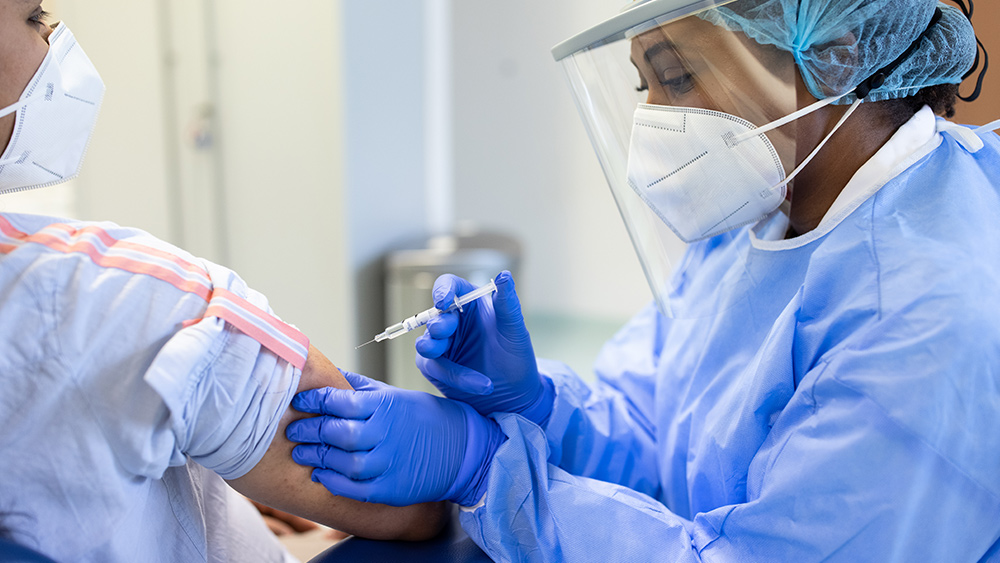Exposure to common plastics increases risk of diabetes, reveals study
03/09/2021 / By Virgilio Marin

A study published in the journal Environmental Health Perspectives shows that chemicals commonly found in plastics can increase diabetes risk. French and Australian researchers found that exposure to high levels of bisphenol A (BPA) and bisphenol S (BPS) is associated with a two times-higher risk of Type 2 diabetes.
Exposure to plastic chemicals increases diabetes risk
BPA is used in disposable water bottles, takeaway containers and toys, while BPS is commonly used as a substitute for BPA. Low-level exposure to these chemicals comes from eating food or drinking water stored in containers made of them.
Previous studies suggest that BPA contributes to the development of Type 2 diabetes. However, the finding still needed ample backing and the studies only focused on BPA exposure. To that end, the researchers investigated whether exposure to BPA and BPS was associated with the development of Type 2 diabetes. They analyzed the urine samples of 755 healthy adults included in the Data from an Epidemiological Study on the Insulin Resistance Syndrome. Thirty of the participants were diagnosed with Type 2 diabetes in the middle of the study.
After adjusting for food intake, weight and physical activity, the researchers found that those with high levels of BPA in their urine were more than twice as likely to develop Type 2 diabetes than those with lower BPA levels. Similar results were found for BPS.
“This study shows positive associations between exposure to BPA and BPS and the incidence of Type 2 diabetes, independent of traditional diabetes risk factors,” wrote the researchers.
Co-author Dianna Magliano of the School of Public Health and Preventive Medicine at Monash University in Australia said that the chemicals appear to disrupt how the body regulates insulin, a hormone that plays a central role in controlling blood sugar levels in the body. (Related: BPA replacement chemicals found to disrupt hormones much like BPA.)
“It disrupts all those normal pathways which give rise to insulin resistance,” explained Magliano. She recommended consumers to stop reusing takeaway plastic containers to minimize BPA exposure.
“We cannot completely eliminate BPA. But we can live a bit cleaner, limit your exposure to plastic. Buy decent water bottles and chuck out your takeaway plastics,” added Magliano.
Tips to reduce BPA exposure
Take a look at the following tips to reduce BPA exposure:
- Eat less canned goods – The linings of some food cans contain BPA.
- Choose cardboard and glass containers – Highly acidic foods like tomato sauce and canned pasta leach more BPA from the lining of cans. Buy foods packaged in cardboard cartons or glass containers and use stainless steel water bottles for your drinking water.
- Avoid microwaving plastic food containers – Many microwavable foods are packaged in polycarbonate plastic, a material with BPA. Look for a number 7 recycling code on the bottom of the package as most polycarbonate containers are marked with this number.
- Turn down the heat – Excessive heat can shed more BPA in food.
- Use BPA-free baby bottles – Hard, clear plastic contains BPA while soft or cloudy plastic does not. Be wary about baby bottles labeled with “BPA-free” as some of these products are made of BPS.
- Minimize drinking pre-mixed liquids – Research shows that liquid infant formulas contain more BPA than powdered versions. Consider breastfeeding your child.
- Practice moderation – Limiting your intake of unhealthy foods and beverages will go a long way toward minimizing BPA exposure.
Put these tips in practice and maintain a healthy diet rich in vegetables and fruits to lower your exposure to BPA and prevent Type 2 diabetes.
Learn more about the health risks of BPA exposure at Chemicals.news.
Sources include:
Submit a correction >>
Tagged Under:
bisphenol A, bisphenol S, BPA, BPA exposure, BPS, diabetes risk, discoveries, plastic food containers, plastic water bottles, plastics, products, research, toxic chemicals, Type 2 Diabetes
This article may contain statements that reflect the opinion of the author



















